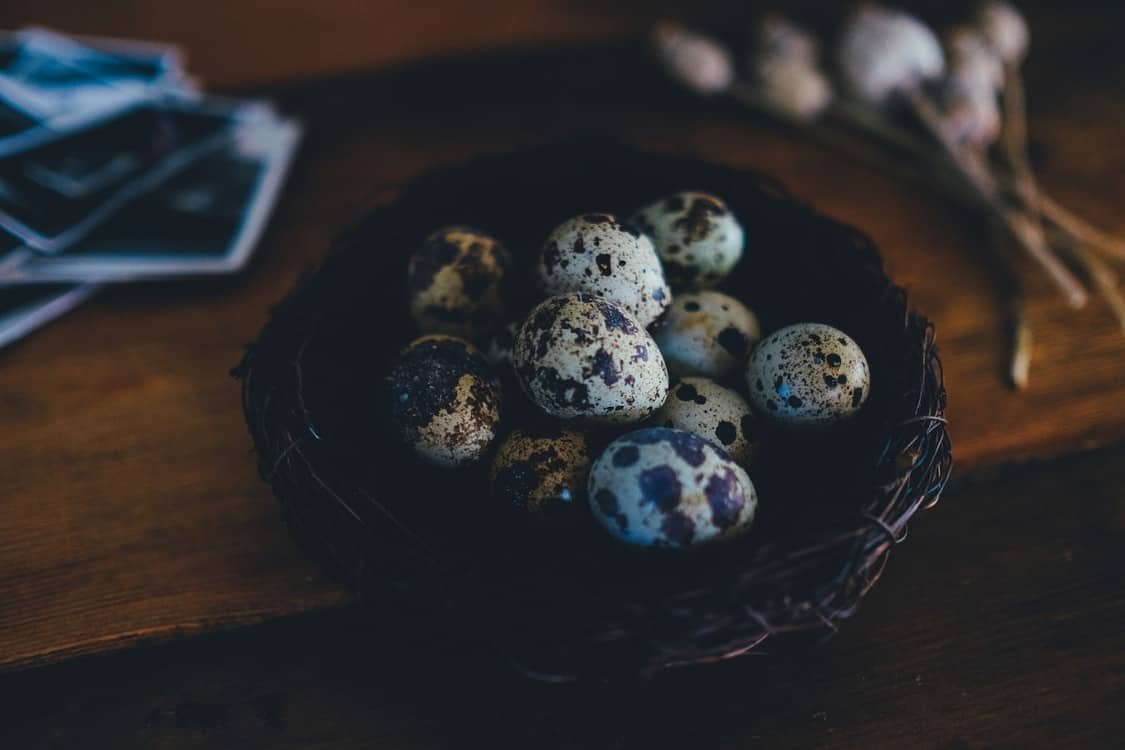
The idea of the wise old owl is one that is used time and time again. Many animals are portrayed in specific ways because of their habits. We all know the cunning fox and the faithful and dedicated dog.
These animals are often classified the way that they are because of the way that they interact with humans as well as other members of the animal kingdom, so how did the owl get selected for its wisdom? Are owls actually known for being wiser than other animals, or is there some other reason for this belief?
In reality, owls are known for many things, but wildlife experts are fairly certain that wisdom isn’t one of them. Though owls are remarkable predators, their wisdom is more in line with what you might expect from many other animals. In this article, we will explore the wise old owl trope and how owls are actually viewed around the world.
Table of Contents
Why do we view Owls as wise?
Historically, the focus on owls as wise and powerful beings goes all the way back to ancient Greece. In Greek history, a prominent goddess known as Athena, the goddess of wisdom, played a role in many interesting tales.
Athena was known for her wisdom and other talents, and was often used in Greek mythology as a symbol of strategy and brilliance. In the lore, Athena was known to travel with a constant companion, her pet owl. In the story, the owl had escaped its original owner and was up in a tree. Athena, while looking for a new book to read, stumbled across the scene, and used her wise nature to lure the owl down with berries.
The owl gifted her a branch and ultimately the original owner decided to let the owl travel with Athena instead. For this reason, Athena is commonly symbolized by an owl. Due to this, owls are commonly associated with the wisdom that Athena carried.
What do Owls symbolize around the world?
The Owl In Western Societies
Despite the wise owl’s origin in Greece, this is a belief and symbol commonly perpetuated by western cultures. You would assume that the use of this symbol would be more prominent in more areas surrounding Greece, but that actually isn’t true.
For some reason, the wise owl has captivated western audiences and is commonly used in film and other stories. You can see it in children’s films like The Fox and the Hound, as well as many others. It is an incredibly common movie trope, and like many other movies tropes, is not founded on anything real, but rather a misunderstanding of something more prominent.
Since this trope is so common, many people in this area not only recognize the owl as a symbol of wisdom, but also have the misguided belief that there is truth to the sentiment. Though the owls surely appreciate it, it is more comparable to an old wive’s tale than anything else. Owls, though wonderful, are often nothing like the way that they are presented in western cinema.
The Owl in Native American Cultures
Though Native Americans do technically fall into western societies because of their location, the fact is that they are known for their unique belief systems and culture. In particular, Native American cultures are known to put a lot of emphasis on animals and the symbolic meaning behind them.
They often use animals as a theme in their design and have many impressive and unique tales about animals. Though you might assume that this would work in the favor of the owls, the fact is that owls are actually symbolically used to represent death.
As if that’s not bad enough for the poor owls, they are also commonly associated with dark magic and treachery. According to Native Americans, the wise owl might just know too much for its own good.
What is fascinating about the differences in local cultures is that this belief system is actually not shared by all of the prominent tribes. In fact, some tribes believe that owls can be used as a sort of defense against the dark magic that others claim they draw. This belief system has led to many symbolically wearing owl feathers to grant themselves protection against the darkness.
The Owl In Japanese Culture
Though Japan isn’t known for its tales of wise old owls, they are often presented in many popular ways. In Japanese, the word for owl is fukurou and it is actually ambiguous, which gives owls their reputation within this culture. Fukurou, while it does mean owl, also means luck or good fortune.
Since this is the case, owls are often used as a symbol of luck or favor. In Japanese culture, owls are presented in a favorable light, even though there was not originally any mention of the owl’s supposed wisdom.
An interesting turn in Japanese culture has occurred in recent years, and now owls are considered to be more than just simple good luck charms. As Japan has opened up more to western cultures, some of the tales and beliefs have crossed over.
Now, as more time passes, owls are becoming more commonly used to symbolize wisdom and education. This is an interesting shift, but can have some pretty great outcomes. If you combine the symbolic interpretations, wearing an owl shirt might just give you good luck on your exams.
The Owl in Middle Eastern Cultures
Though owl beliefs may vary by region, many middle eastern cultures are known for their favorable interpretation of the owl. The work of the owl, according to some groups, is more spiritual than physical. In some belief systems, the owl is considered to be a guardian of the afterlife.
This prominent role is both respected and incredibly important. Though there is no direct mention of the owl’s wisdom, an owl must be quite impressive to be entrusted with such an important position.
The Owl in Mongolian Culture
The owl has an interesting history in Mongolia, and is somewhat worrisome and regarded with favor at the same time. There is a prominent tale that is shared that is focused around historical figure Genghis Khan. According to the legend, Genghis Khan was saved by an owl in a moment of need. There is no mention of an owl using any kind of wisdom to save him, but because of this, an owl is often thought to be a tender and kind-hearted animal.
The Owl in Indian Culture
Unlike many other areas around the globe, the owl is not used to symbolize anything good in India. In fact, in Indian culture, the owl is known for its connection to Lakshmi. Lakshmi, the goddess of wealth, is a prominent figure in Indian mythology known to be included in many different tales.
In the lore, Lakshmi uses owls as a type of vessel to obtain wealth. Though this might seem harmless, owls are specified as an immoral way to obtain money. The owls themselves might not have had much a say in their role within the story, but unfortunately, it has somewhat tainted their reputation within the area.
In India, the owl is often associated with greed and corruption. Not only are they not wise for the people of this region, but they are actually considered to be scheming creatures instead.
The Owl in Kenyan Culture
In Kenya, there are many different people and belief systems, but the Kikuyu are the ones with a prominent opinion of the owl. The Kikuyu people are known for a wide range of stories and beliefs, but this society is not particularly kind to owls.
For this group, the owl is often considered to be a frightening omen rather than a wise and gentle creature. Seeing or even hearing an owl is often believed to be an indication that you will die shortly after. This harsh reputation makes the locals relatively skeptical of owls as a whole.
The Owl in Certain Younger Cultural Trends
As a recent trend, certain spiritual but non-religious belief systems are being adopted, particularly in younger citizens. In these circles, owls are not only known for their wisdom, but are also an indication that you have reached a deeper mental state than the average person. Continuous run-ins with owls are believed to be an indication that your mind has become opened and you are open to receive the wisdom of the universe.
Conclusion
Depending on who you ask, the owl has many different faces and stories. Though the owl is praised in some regions, the fact remains that it is considered to be a villain in others. The belief system surrounding owls is often founded in local lore, completely born from stories.
The owl likely enjoys its reputation in a great many areas, but that doesn’t change the fact that there is simply no merit to the tale of the wise old owl. We can only assume that some owls are wise and others are not, just like any other animal.

More Articles.

How to attract Quail to your yard?
Attracting quails to your yard might be easier than you first anticipate. These naturally shy

How to Attract Doves to your Yard?
Doves are beautiful birds with many sentimental attachments. Most people affiliate doves with positivity, love,

If you’re thinking about taking your child birdwatching, the most important thing is having equipment

About Us
We are avid bird-watchers who recently retired, allowing us more time to travel the world. Fortunately, we have managed to visit numerous countries around Europe, Asia, and America. Watching and photographing birds has been a passion for many years and we are making the most of the extra time on our hands!
